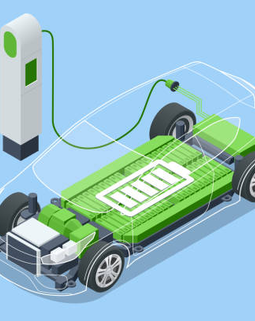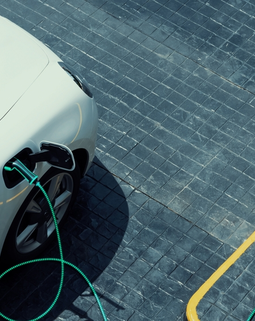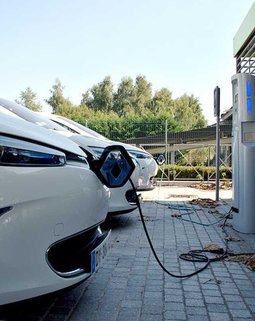A year ago, Hyundai Motor Group embarked on an ambitious journey, breaking ground on a $7.6 billion facility in Georgia, marking its first U.S. plant dedicated solely to electric vehicle (EV) production.
Rapid Progress and Workforce Dynamics
With over 2,000 workers dedicating their efforts each week, the construction site near Savannah has transformed rapidly. The steel skeleton of the facility stretches over half a mile, resembling a burgeoning city with cranes, bulldozers, and a hive of construction activity.
Accelerated Construction for Incentives
Hyundai's global Chief Operating Officer, Jose Munoz, revealed a strategic decision to accelerate construction, aligning with federal incentives promoting domestic EV production. There's now a possibility that the plant could commence operations earlier than the initially projected date in early 2025
Impressive Milestones and Features
As the foundation work nears completion, the facility's framework, consisting of over 27,000 tons of steel, has exceeded 80% progress. Roofs and floors adorn some buildings, while exterior walls are taking shape. Renderings offer a glimpse into the future, showcasing a plant designed for efficiency and sustainability.
Abundant windows and skylights aim to maximize natural lighting, and a solar-panel-topped covered parking lot and an elevated glass-sided bridge reveal the manufacturing process.
Economic Impact: Georgia's Largest Development Project
The magnitude of Hyundai's investment in Georgia is unparalleled, both in scale and economic impact. Covering 2,900 acres, the plant is set to produce 300,000 EVs annually, with an additional focus on manufacturing batteries through collaboration with LG Energy Solution.
The project brings employment opportunities for 8,500 workers, and the ripple effect extends to suppliers, creating an estimated 6,000 jobs in nine Georgia counties. This colossal endeavor stands as the largest economic development project in Georgia's history.
Conclusion: A Transformative Venture
In just one year, Hyundai's "metaplant" has evolved from a concept to a concrete reality, symbolizing the automotive giant's commitment to a sustainable future. With accelerated construction, Hyundai aims not only to meet rising EV demand but also to capitalize on incentives, showcasing the dynamism of the automotive industry in response to global trends and incentives.
Georgia, in turn, stands at the forefront of this transformative venture, witnessing the birth of a cornerstone in EV production and economic development.





